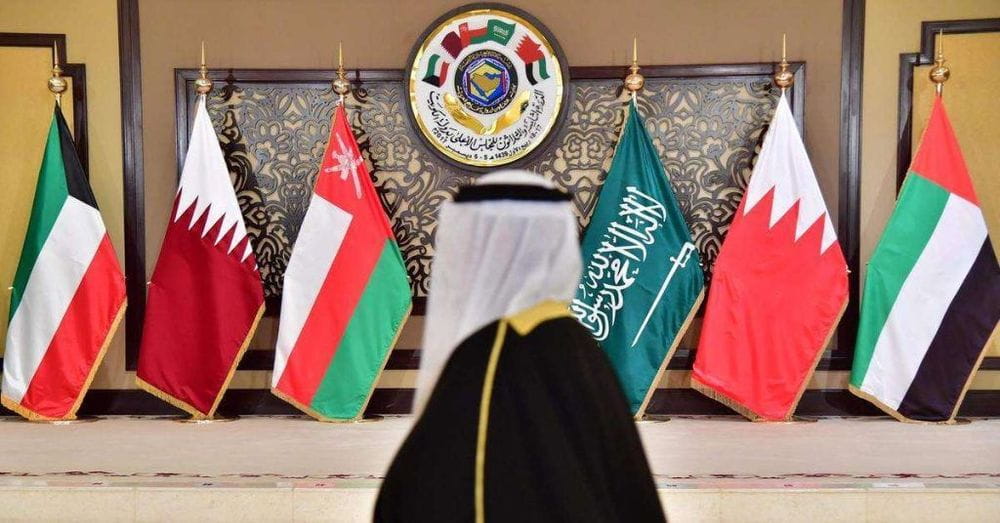Is the tourism economy set to see a boost amidst the unified GCC tourist visas?

Can you now travel visa-free across GCC countries?
If you’re a resident or citizen of one, yes!
And in case you missed it, the Gulf Cooperation Council has now approved unified tourism via travel through all GCC countries. Set to be implemented anytime from 2024-2025, these visas are going to make travel through the six countries easier, and help with businesses too. This initiative will further be a significant addition to the economy and tourism sector.
Missed it? Click here to read and get up to speed on it!
Let us break it all down for you!
The GCC tourism strategy for 2030
At the heart of this transformative move is the main GCC 2030 tourism strategy, which is a visionary plan that seeks to unlock the untapped potential of the tourism sector across the Gulf region. This strategy aligns with broader economic diversification efforts in GCC member countries.
Domestic wins with the GCC tourism strategy
The GCC source tourism market comprises two primary categories which are, domestic tourism and outbound tourism. According to a GlobalData report, domestic trips took precedence in 2022, with standout destinations being Abu Dhabi and Saudi Arabia. In the UAE, the tourism sector currently contributes around 14% to the GDP, a figure expected to rise to 18%, as envisioned by the strategy.
Ambitious goals and achievements from the GCC tourism strategy
The GCC's tourism strategy sets multiple ambitious goals, with the primary focus on a 7% annual increase in inbound trips to GCC countries. In 2022, the region witnessed a remarkable surge in tourism, welcoming 39.8 million visitors which was a 136.6% increase from the previous year.
Revenue surge and economic impact
The GCC unified tourist visa is poised to enhance economic influence in several key areas:
1. Increased tourism revenue: Streamlined visa processes and border controls are expected to drive a surge in tourist arrivals, translating into increased revenue across various sectors such as accommodation, food, transportation, and entertainment.
2. Higher hotel occupancy rates: Improved travel accessibility is anticipated to boost hotel occupancy rates, leading to increased room rates and financial growth in the hospitality sector.
3. Diversification of economic activities: The visa initiative aligns with economic diversification goals, reducing dependence on oil and gas revenues and fostering a more resilient economy.
4. Job creation: Growth in the tourism sector is set to catalyse job creation in hospitality, transportation, and related industries, contributing to improved employment rates.
5. Promotion of local businesses: Tourism provides a platform for local businesses to thrive, with tourists seeking local crafts and products, benefiting entrepreneurs and local economies.
6. Foreign investment: The growth in tourism facilitated by the GCC unified tourist visa is expected to attract foreign investment, further boosting economic growth and creating additional job opportunities.
As the GCC nations forge ahead in their efforts to elevate the tourism industry, the future appears promising, reflecting not only the potential for cyclical recovery but also sustained long-term growth.
The GCC unified tourist visa serves as a catalyst for positive changes, fostering economic prosperity and positioning the Gulf region as a prominent global tourism destination.
How great is this?
Curious to know more about Dubai’s flourishing economy? Click here to read our latest blog.
Want to consider investing in the boosting economy? Why not check out some of our live listings here!
